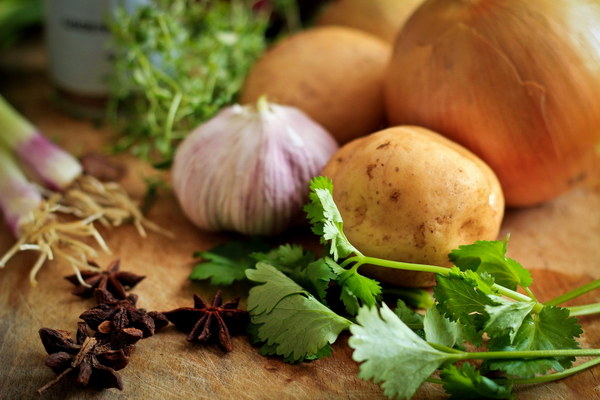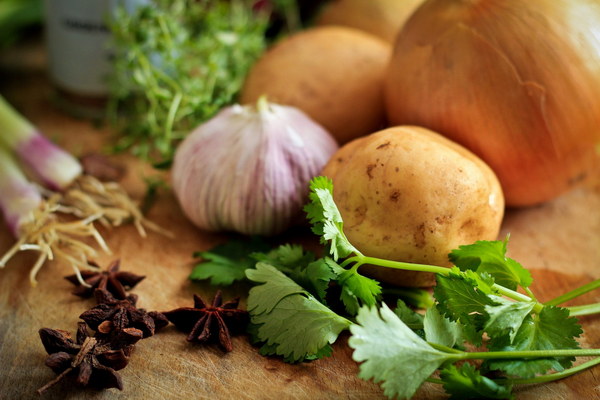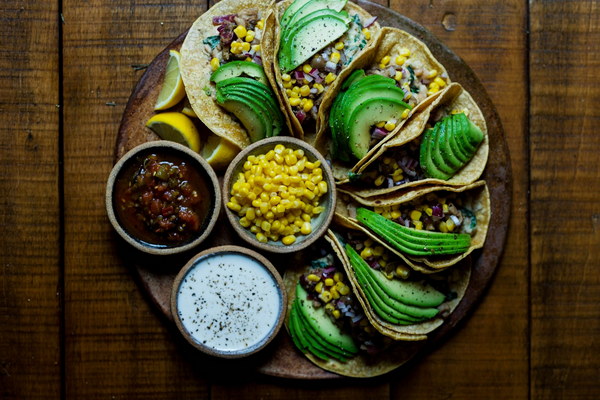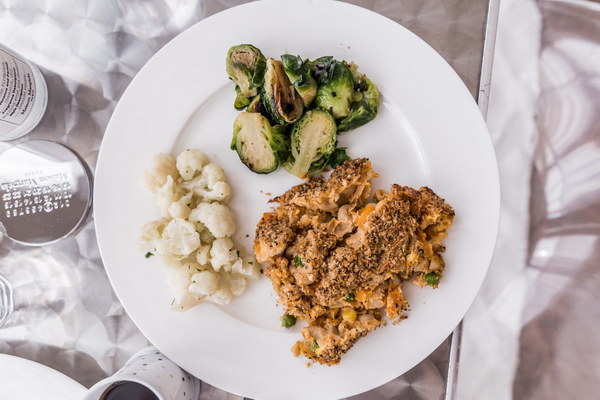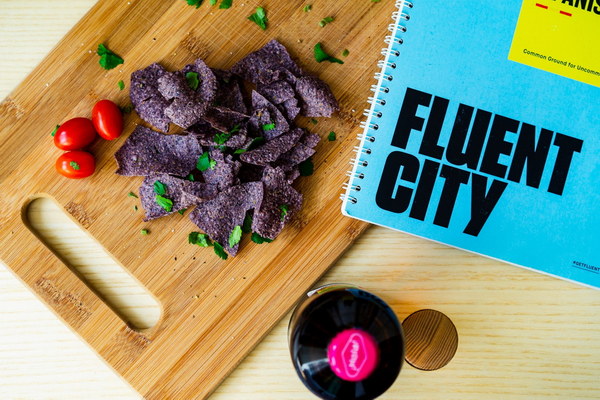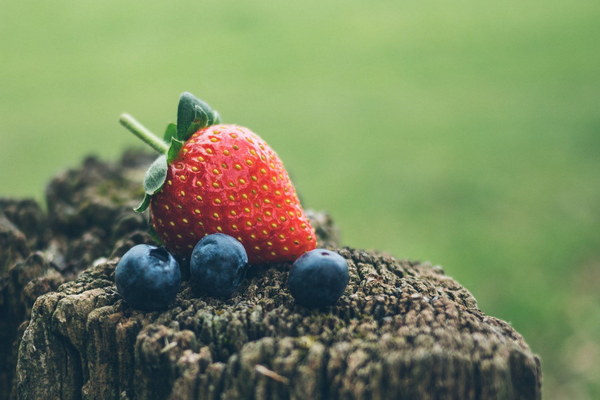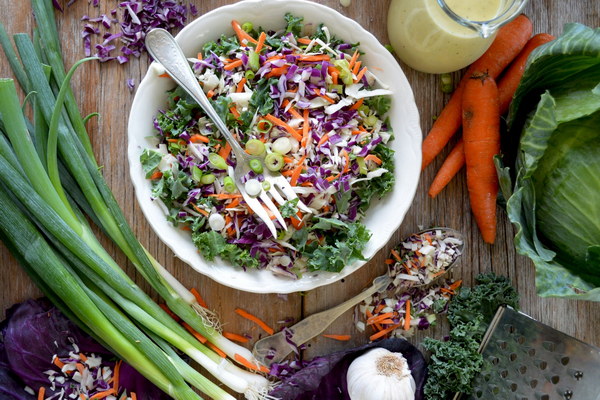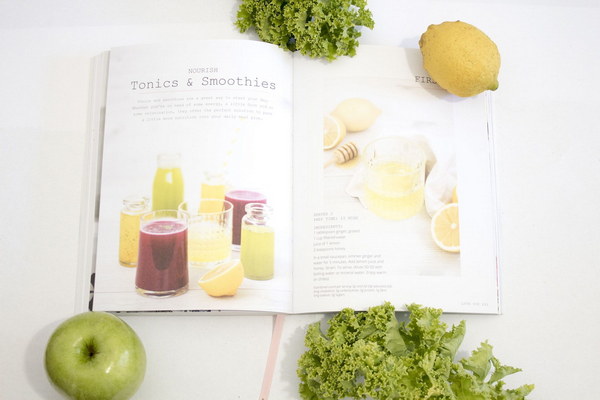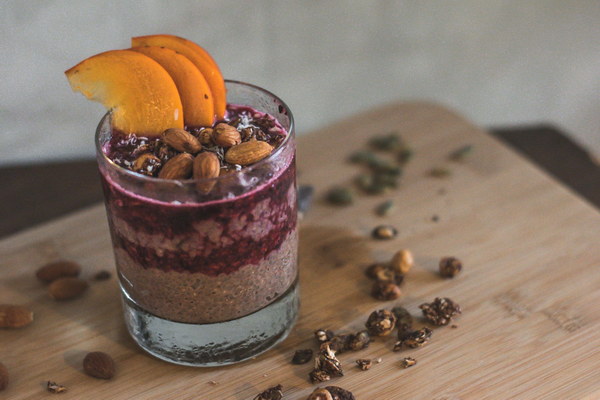Eating for Two Nutritional Strategies to Combat Anemia During Pregnancy
Introduction:
Anemia during pregnancy is a common concern for many expectant mothers. It refers to a condition where the blood lacks adequate healthy red blood cells, which can lead to symptoms such as fatigue, weakness, and shortness of breath. To ensure a healthy pregnancy and prevent complications, it is crucial for pregnant women with anemia to adopt a well-balanced diet. This article will discuss various nutritional strategies to combat anemia during pregnancy.
1. Increase Iron Intake:
Iron is a vital nutrient that helps produce hemoglobin, the protein responsible for carrying oxygen in the blood. To combat anemia, pregnant women should focus on increasing their iron intake. Here are some iron-rich foods:
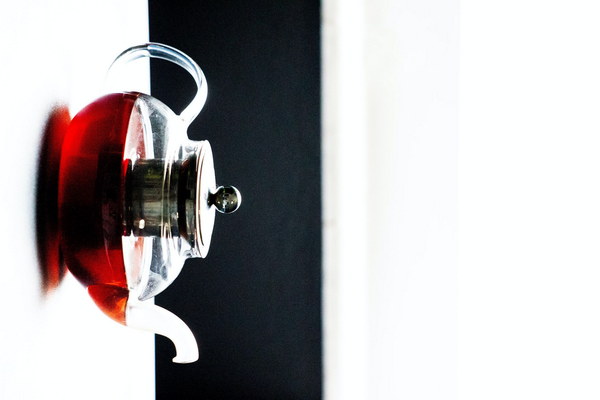
- Lean meats: Beef, pork, and chicken are excellent sources of heme iron, which is more easily absorbed by the body.
- Poultry: Turkey, duck, and goose are also good sources of heme iron.
- Fish: Tuna, salmon, and shrimp contain non-heme iron, which is less easily absorbed. However, incorporating these foods into your diet can still be beneficial.
- Legumes: Beans, lentils, and chickpeas are excellent sources of non-heme iron.
- Fortified cereals: Look for cereals fortified with iron, which can help increase your daily iron intake.
- Dark leafy greens: Spinach, kale, and Swiss chard are rich in non-heme iron.
- Dried fruits: Raisins, apricots, and prunes are high in iron and can be added to your diet in various ways.
2. Vitamin C for Iron Absorption:
Vitamin C enhances the absorption of non-heme iron. Therefore, it is important to consume vitamin C-rich foods alongside iron-rich foods. Some vitamin C sources include:
- Citrus fruits: Oranges, lemons, and grapefruits are high in vitamin C.
- Berries: Strawberries, blueberries, and raspberries are excellent sources of vitamin C.
- Vegetables: Bell peppers, tomatoes, and broccoli contain vitamin C.
- Berries: Blackberries, raspberries, and strawberries are high in vitamin C.
3. Calcium and Iron Absorption:
Calcium can interfere with the absorption of iron. Therefore, it is important to time the consumption of calcium-rich foods and iron-rich foods. Try to consume calcium-rich foods at different meals from iron-rich foods. Some calcium-rich foods include:
- Dairy products: Milk, cheese, and yogurt are good sources of calcium.
- Green leafy vegetables: Spinach, kale, and collard greens contain calcium.
- Nuts and seeds: Almonds, chia seeds, and sesame seeds are calcium-rich.
4. Folic Acid for Red Blood Cell Production:
Folic acid is essential for the production of red blood cells and the prevention of neural tube defects. Include the following folic acid-rich foods in your diet:
- Leafy green vegetables: Spinach, kale, and Swiss chard are high in folic acid.
- Fortified cereals: Look for cereals fortified with folic acid.
- Beans and lentils: These legumes are excellent sources of folic acid.
- Citrus fruits: Oranges and grapefruits are high in folic acid.
5. Regular Blood Tests:
It is important for pregnant women with anemia to have regular blood tests to monitor their hemoglobin levels. This will help determine if their anemia is improving with dietary changes or if they require additional treatment, such as iron supplements.
Conclusion:
Combating anemia during pregnancy involves adopting a well-balanced diet rich in iron, vitamin C, folic acid, and other essential nutrients. By incorporating iron-rich foods, vitamin C sources, and calcium-rich foods into your diet, you can help prevent anemia and promote a healthy pregnancy. Always consult with your healthcare provider for personalized advice and treatment options.
